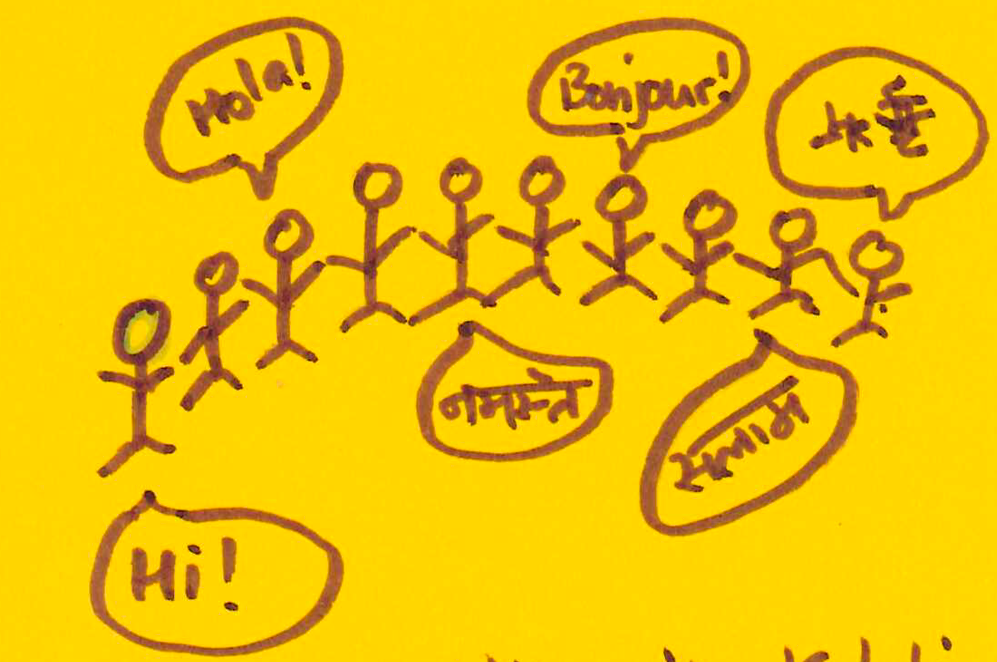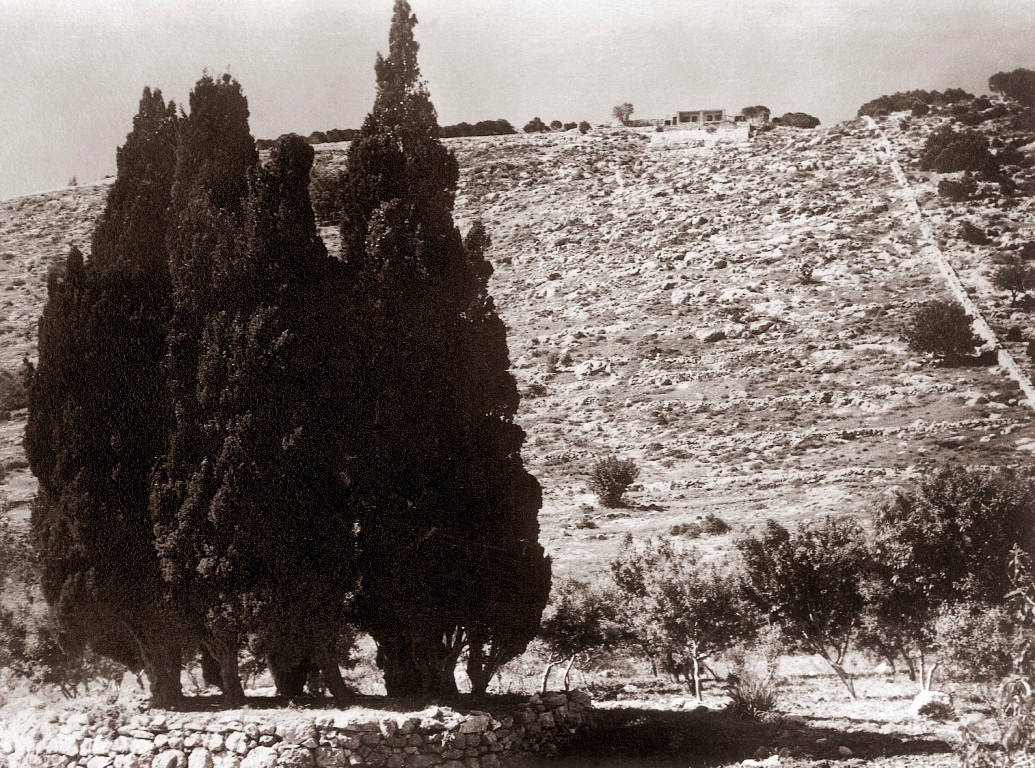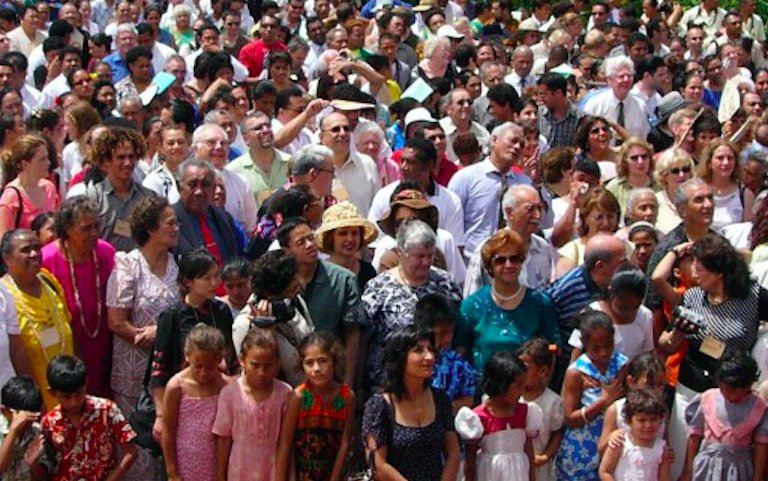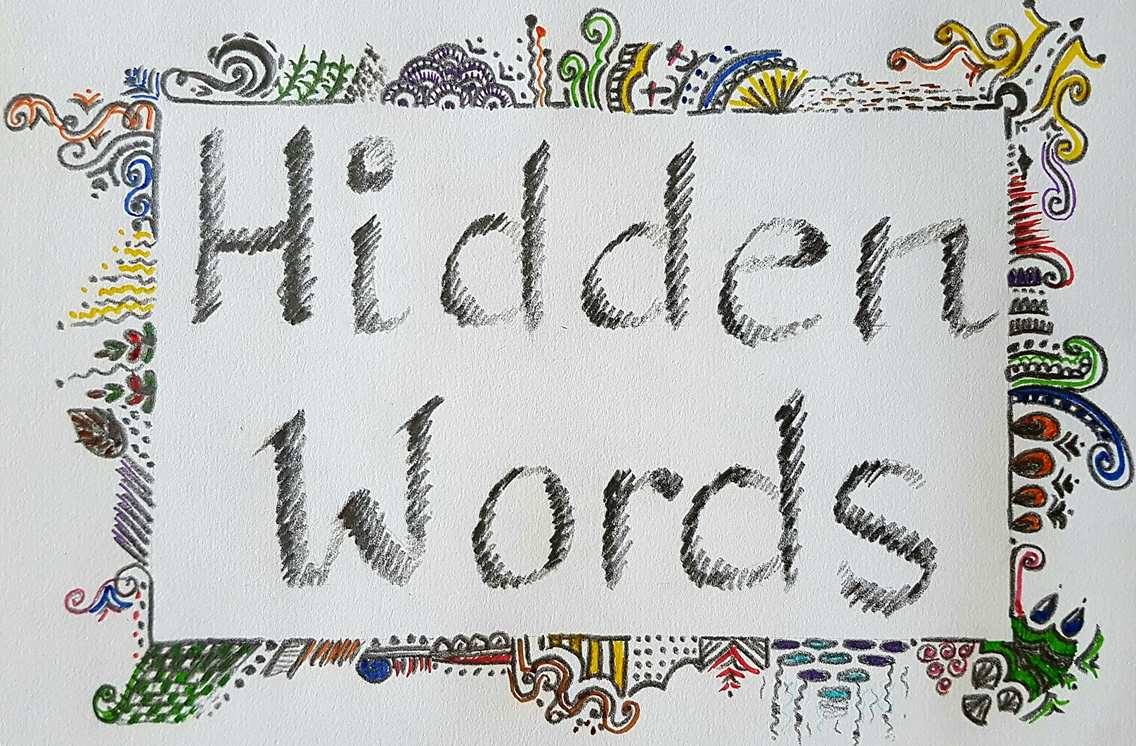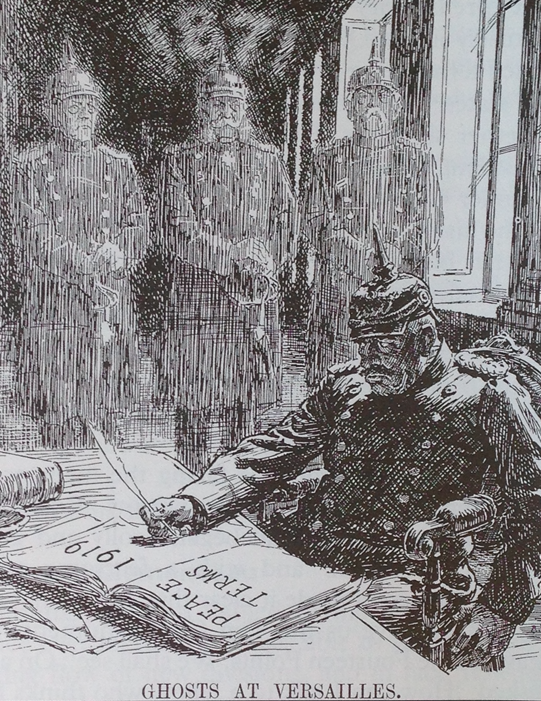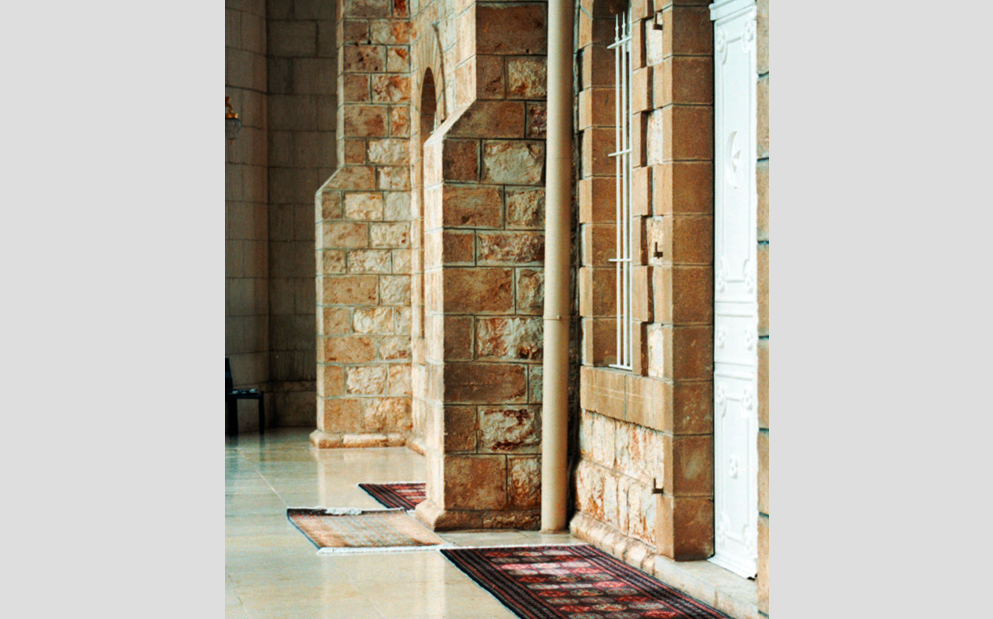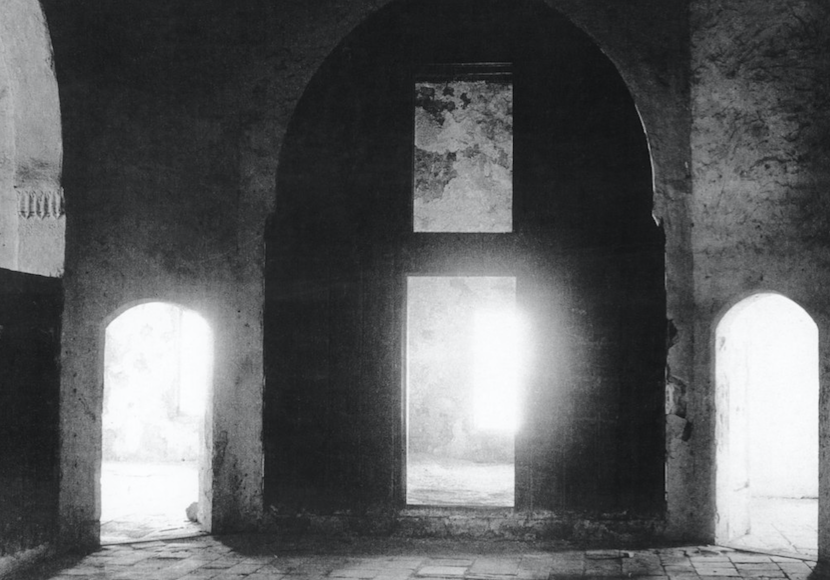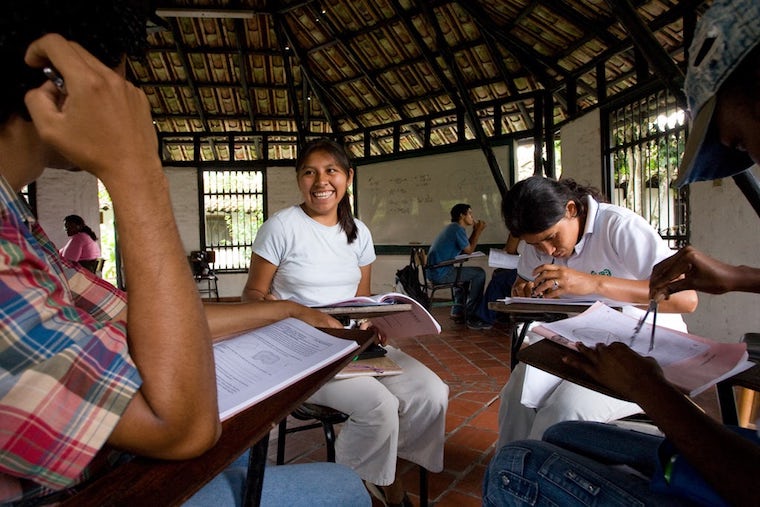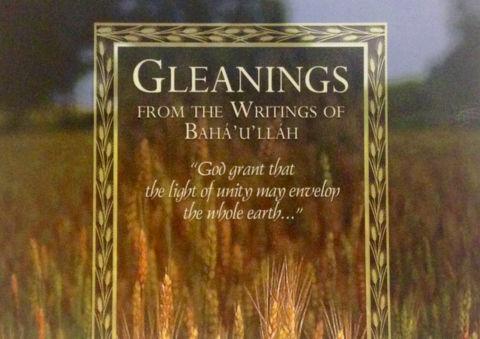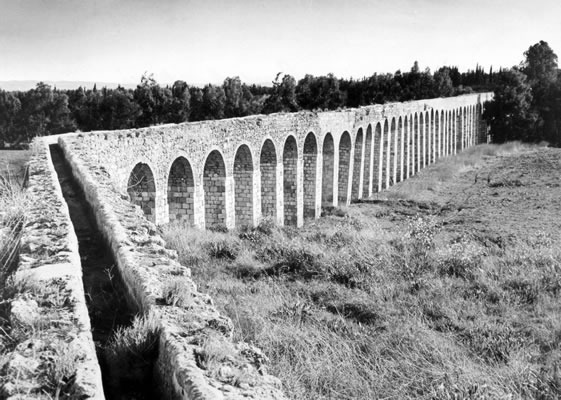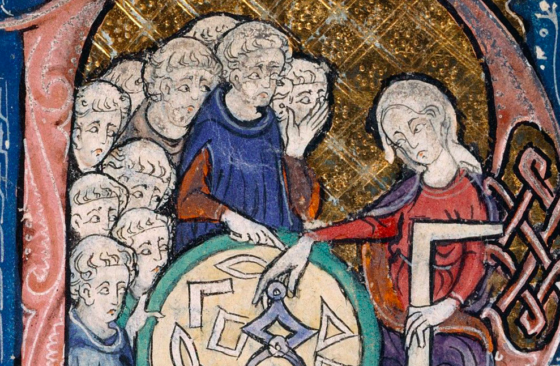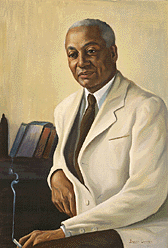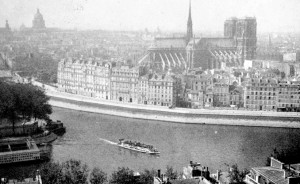-
Bahá’u’lláh’s Call for a Common Language for the World
We live on the same planet, we breathe the same air, we belong to the same community of humankind. Yet we don’t speak the same language. Often we can’t understand each other at all. Many times we struggle to communicate well. It’s clear enough what an impediment the absence of a common human language is to peace and understanding in the world. Bahá’u’lláh calls for the adoption of such a language. It is incumbent upon all nations to appoint some men of understanding and erudition to convene a gathering and through joint consultation choose one language from among the varied existing languages, or create a new one, to be taught to…
-
Mystic Gems – the Hidden Words of Bahá’u’lláh
Among the most well-known works of Bahá’u’lláh are the Hidden Words. They are written in brief “gem-like utterances”,[1] 71 in Arabic and 82 in Persian. They are at once of crystalline clarity and yet impenetrable in their allusion to a spiritual reality beyond our day-to-day experience. The Hidden Words are among the works which Bahá’u’lláh wrote in the voice of the “truth-seeker and mystic”.[2] They were written in 1857–58 and were the fruit of Bahá’u’lláh’s meditations while walking the banks of the Tigris River in Baghdad. Bahá’u’lláh introduces them as follows: This is that which hath descended from the Realm of Glory, uttered by the tongue of power and might, and revealed unto the…
-
Bahá’u’lláh’s Writings – An Introduction
At one time We spoke in the language of the lawgiver; at another in that of the truth-seeker and the mystic…. [1] This phrase was written by Bahá’u’lláh almost at the end of his life, in his own summation of his life’s work. If you are new to Bahá’u’lláh’s writings, it might not be obvious where to begin. Indeed, it is likely that where to begin is different for each individual. The aim of this article is to provide a broad description of some of Bahá’u’lláh’s key works which span a forty-year period from the 1850s to the 1890s. Also provided below are some online resources, including ebooks. If you haven’t read Bahá’u’lláh’s writings before, perhaps one…
-
Adelard of Bath: When English Kings Studied the Learning of the Arabs
Once upon a time, Norman kings of England studied the learning of the Arabs. A strange story indeed, largely forgotten. At that time the “English” were subjects of their Normans rulers. And Norman “cousins” also ruled in another island to the south. Before they arrived it had been called the Emirate of Sicily. The hero of our story is Adelard of Bath (1080s-1150s): an English scholar monk greatly learned in ancient and foreign tongues. The secret languages of science he acquired: Greek, Latin and Arabic. Born in England, and likely an Anglo-Saxon himself, Adelard travelled widely. His life took him on long journeys – France, Southern Italy, Sicily, Greece, Syria and Palestine. As…
